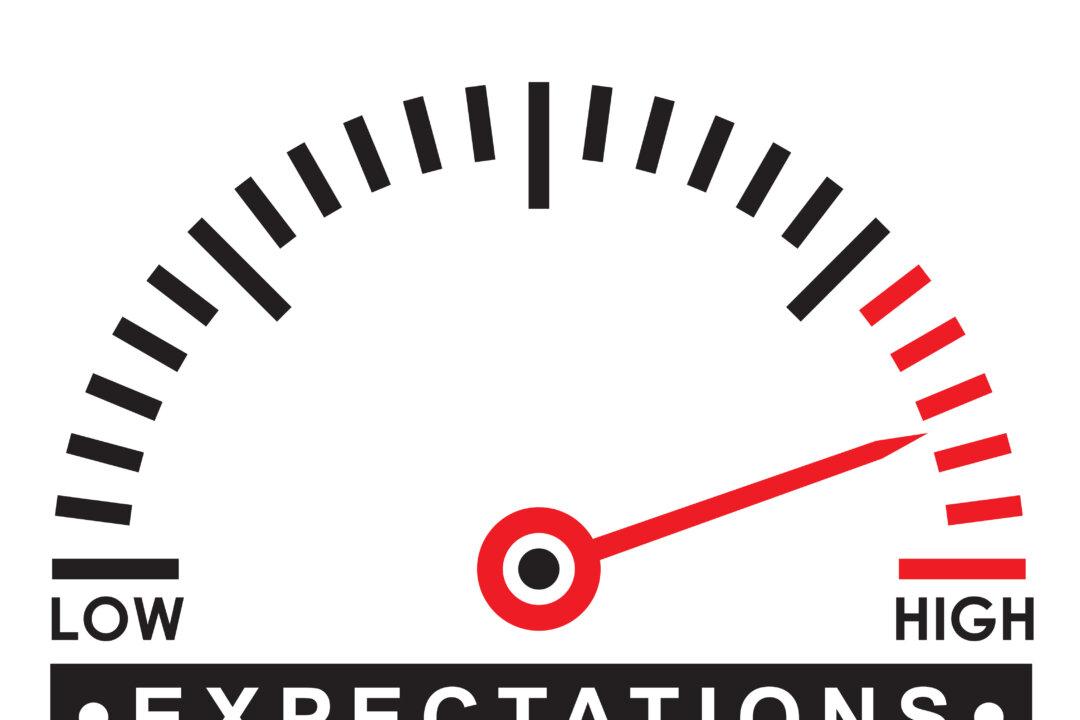Commentary
Many believe that the key cause of a general increase in prices is so-called inflationary expectations. For instance, if there is a large increase in the price of oil, individuals will start forming expectations for higher inflation ahead. Consequently, individuals will speed up their purchases of goods and services at present, thereby raising the demand for goods and services, all other things being equal. This is supposed to set in motion general price increases.





